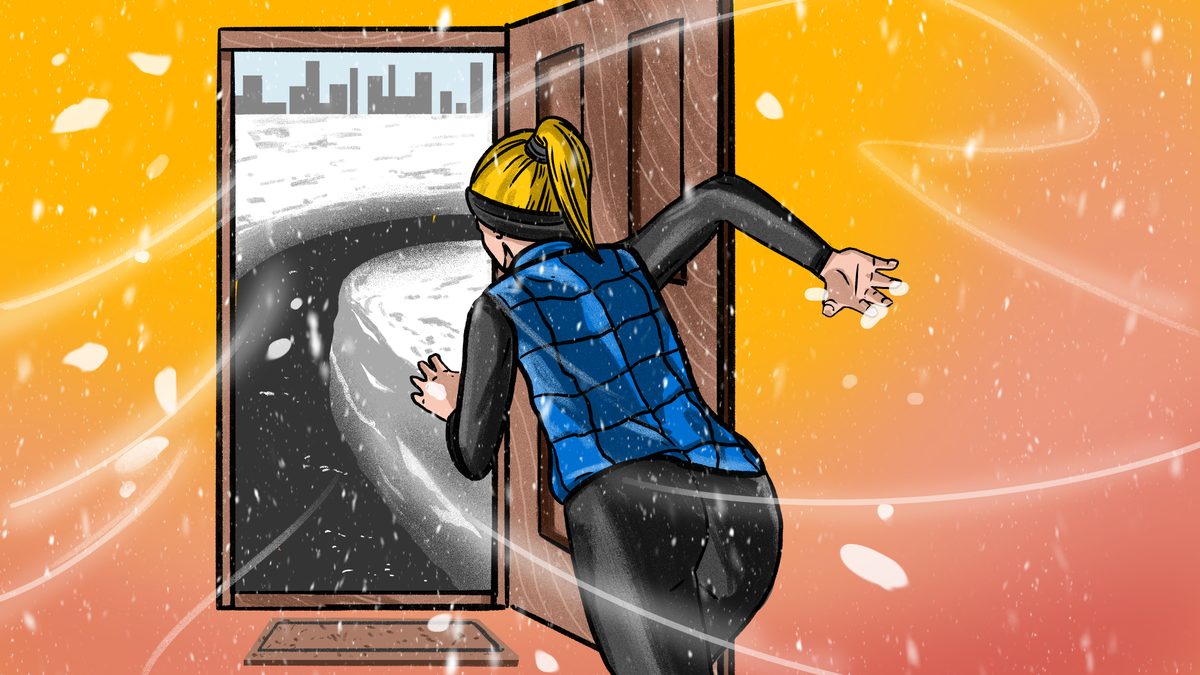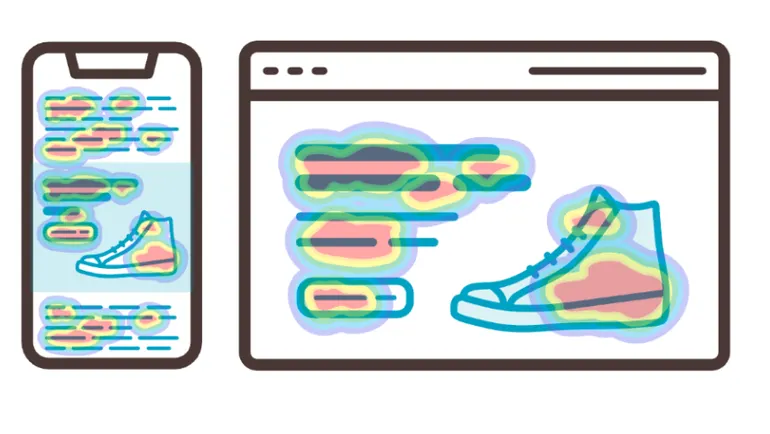Never Use Baking Soda to Clean These Household Surfaces
When it comes to household chores, few products are as handy and versatile as baking soda. From cooking to cleaning to deodorizing, it does so much for something that costs so little.Read more...


Photo: HNEY10 (Shutterstock)
When it comes to household chores, few products are as handy and versatile as baking soda. From cooking to cleaning to deodorizing, it does so much for something that costs so little.
But, there are some situations where baking soda isn’t going to help the situation; in fact, it can actually make things worse. So before you start sprinkling it on everything, familiarize yourself with the surfaces that it can harm. Here’s what to know.
Don’t use baking soda on these surfaces
Though baking soda may feel like a fine powder, it’s actually an abrasive cleaner—meaning that it’s not suitable for all surfaces. Here are some examples:
Marble
Both marble and quartz feel pretty solid, but they don’t hold up well if they’re cleaned regularly using baking soda. Each wipe wears down the top protective layer and could ultimately lead to scratches or dullness.
Glass
Speaking of surfaces you don’t want to scratch, glass is right up there too. But don’t worry: You have plenty of other options for a streak-free shine.
Your hair
This may seem like a good idea in theory, but in practice, using baking soda on your hair will leave it very dry. Fortunately, there are plenty of other things you can put on your hair to make the situation better, not worse.
Wooden floors and furniture
Once again, baking soda is a bit too abrasive to use on wood surfaces. It can wear down the sealants on the wood’s surface, and even cause it to warp.
Anything with scratches, cracks, etching, or carving
Being a powder, baking soda settles into every nook and cranny on an object’s surface. And while it might help clean the rest of the item, you’ll have a hard time getting it out of those grooves.

 Koichiko
Koichiko 
































